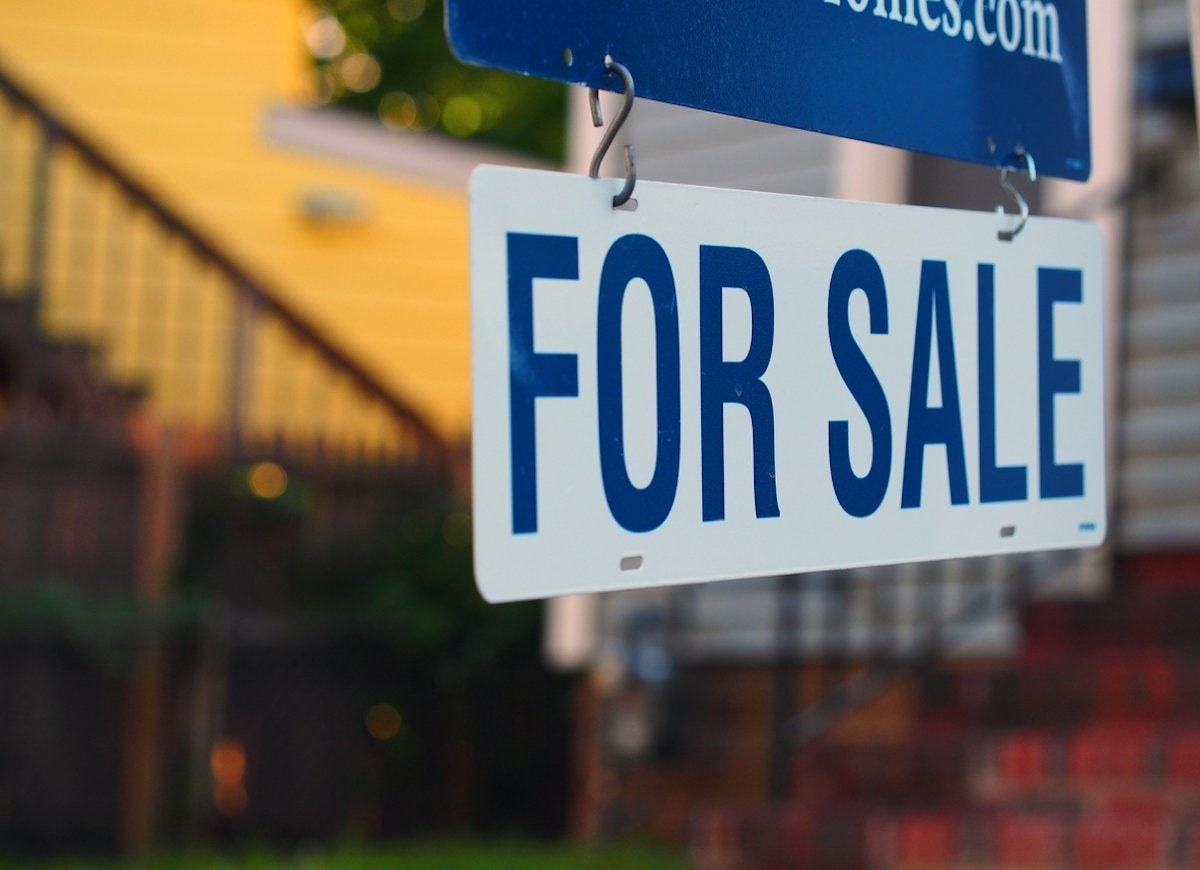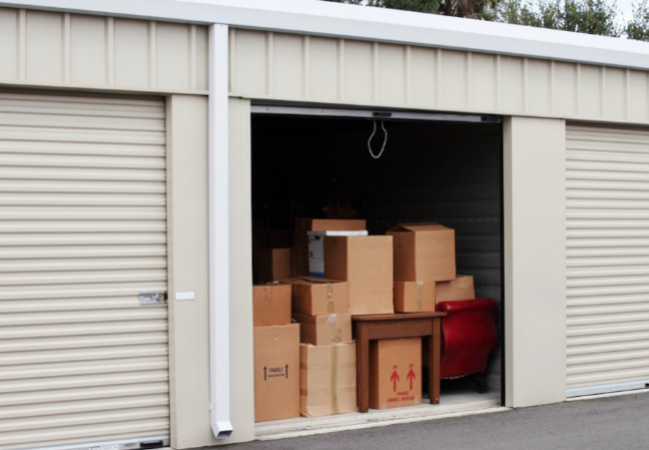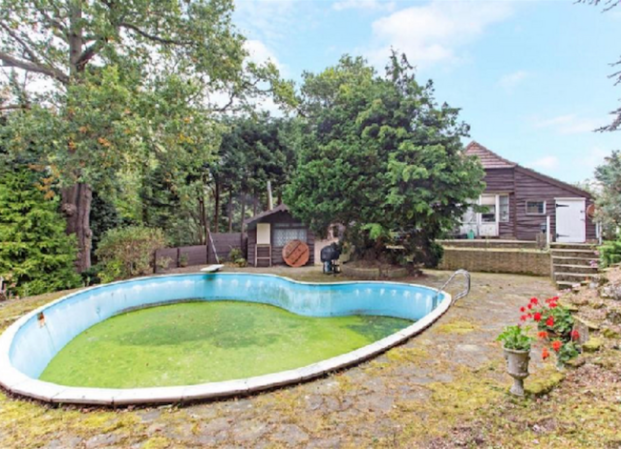We may earn revenue from the products available on this page and participate in affiliate programs. Learn More ›
Your Home Has Been on the Market Too Long

Common wisdom says that if a house has been on the market for a long time, there must be something wrong with it. While that may not always be the case, it is true that if your house has been listed for months and months, you may want to rethink your asking price. Realtor Tony Harrington notes that “buyers who make low offers go after the listings that have languished on the market for months, believing they can snap them up at a discount as competition dries up.” If your stale house listing isn’t attracting a lot of other bites, that low-offer mentality could be justified—in which case, you might want to consider making a deal.
Your House Is Priced Too High Compared with Others

Setting the right price for your house is largely a matter of selling at roughly the same price that your neighbors have been getting for their houses. Real estate agents regularly perform market analyses based on factors such as neighborhood, numbers of bedrooms and bathrooms, and square footage before establishing an asking price. But those comps aren’t good indefinitely. As Kyle Hiscock of Rochester Real Estate Blog points out, “A comparative market analysis usually has a ‘shelf-life’ of only a couple of months, since the real estate market changes daily.” If your house has been on the market for a while, be prepared to drop your asking price. Given that, as Hiscock notes, “the real estate market is constantly changing… it’s possible that the price your home is listed at is no longer competitive in the market.”
Related: You Won’t Believe the Price of These 13 Teeny Tiny Apartments
You Have Already Purchased Another House

For most people, a home is the single biggest asset and investment that they’ll ever own—and they can’t afford to pay the mortgage, taxes, and upkeep on two residences. If you are carrying two homes and need to unload one, a lower offer may begin to sound a little more appealing.
You Are in a ‘Buyer's’ Market

The real estate market is cyclical and changes according to the familiar economics of supply and demand. In a seller’s market, available real estate is scarce and potential buyers are abundant, but in a buyer’s market, it’s the potential buyers who have their pick of a glut of properties. When supply is up, home values go stagnant or decrease, which means that a lowball offer could be the best you’ll be able to do.
The Buyer Is Offering Other Incentives

Bill Gassett of Maximum Exposure Real Estate notes that “the selling price of the home is not the only thing that is important for you or for the buyer.” Sure, it’s great when someone meets your asking price, but maybe you’d be willing to budge on it if the buyer could sweeten the deal by, say, offering to put more money down, pay cash, or close quickly. Mortgage preapproval is yet another enticement that could seriously speed up the sale if you choose to make a deal.
Your House or Property Needs Attention

Sure, over time you may have gotten used to that crack in the sidewalk, the one creaky stair tread, or that door that just won’t stay shut. But a would-be home buyer might see these imperfections as red flags and could, as a result, deliver a lowball offer. Take a long, hard look at the overall condition of your property to make sure that everything is clean and well-maintained, and that your home looks as polished as possible. If you have the money, definitely spring for home staging services or cosmetic fixes. If you can’t pay up front for minor adjustments, expect to pay later on in the form of a lower sales price.
Related: 10 Reasons to Buy an “Ugly” Home
Your Real Estate Agent Is Out of Touch

Not every real estate agent is a star performer—or even competent. The reality is that you may have to accept a lowball offer if your real estate agent fixed your home at an unrealistic price. Richard Montgomery of the Dear Monty column recommends that if your agent claims you’re living in a buyer’s or seller’s market, ask the agent to “prove it to you with the facts. Many agents will be surprised to learn their opinion and the facts do not line up.” If it turns out the agent has mistakenly overpriced your home, recover gracefully and give serious thought to the lowball offer on the table.
You Want to Use the Offer to Start Negotiations

Almost all real estate experts agree—don’t reject a lowball offer out of hand. Instead, use this offer as a starting point for negotiations with the potential buyer, with the ultimate goal of arriving at a mutually acceptable—and fair—price. Lisa Priest of Palestine Real Estate recommends responding with a more reasonable counteroffer. If the buyer bites, great. If not, he probably wasn’t serious anyway.
Related: 9 Quick Fixes for a Faster Home Sale
Make a Choice

Before you accept or reject a lowball offer, think about the pros and cons of the situation. Ultimately, the decision to sell (or not) is one you can’t take back. Evaluate which is the bigger risk: Taking less than your asking price, or letting an eligible buyer walk out the door.

















